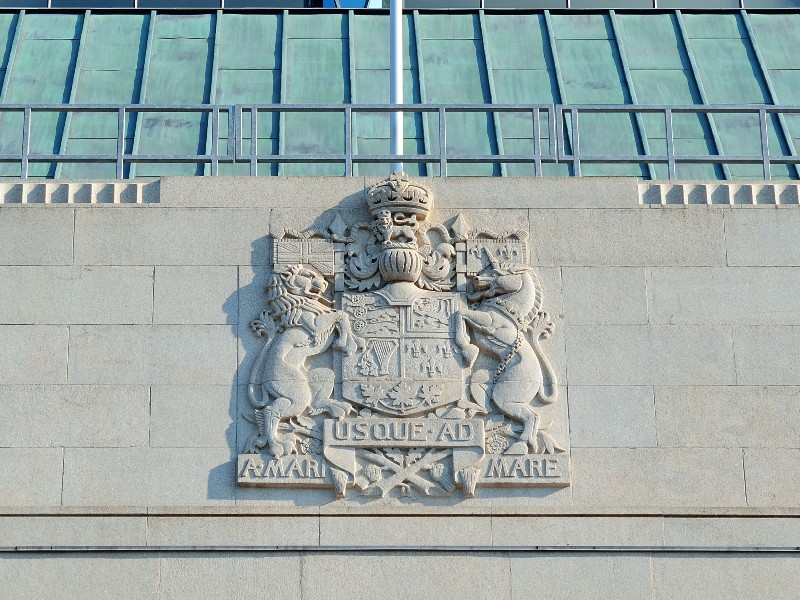
Household debt and high housing prices are complicating an otherwise fairly rosy picture of the Canadian economy, said Stephen Poloz, governor of the Bank of Canada, in a speech hosted by the CFA Society Toronto on Thursday.
The bank’s most recent rate decision, which took place on Wednesday, maintained the current rate of 1.75 per cent. Poloz noted unemployment is extremely low, but the incredibly low interest rate environment has led to a significant rise in household debt.
“Debt builds up in the recovery phase of every economic cycle,” he said. The economy is admittedly more vulnerable to the impacts of interest rate hikes when debts are high, said Poloz, noting the BoC is analyzing how these hikes affect the way Canadians spend overall.
Read: Global investors turn to infrastructure, real estate as interest rates normalize: report
Growth is also of concern, he noted. While the country’s gross domestic product continues on a broadly anticipated path of growth, the composition of that growth is less comforting, said Poloz. Credit growth remains steady, but business investment declined in the third quarter of 2018, no doubt impacted by trade jitters from the U.S. administration’s actions on both North American agreements and trade further abroad, especially with China.
As well, oil’s lacklustre price towards the end of the year is concerning, noted Poloz, but the details of the downturn mirror a story Canada has heard before. “The main source of additional supply is the same as it was in 2014 — that’s the U.S.”
The issue of getting Canadian oil to tidewater continues to be a major burden on Western Canada, noted Poloz. However, recent consolidation of the energy sector means the ripple effect of lower oil will be less felt in Canada’s economy overall, he added.
Read: Rising interest rates, inflation to cause more volatility in 2018
